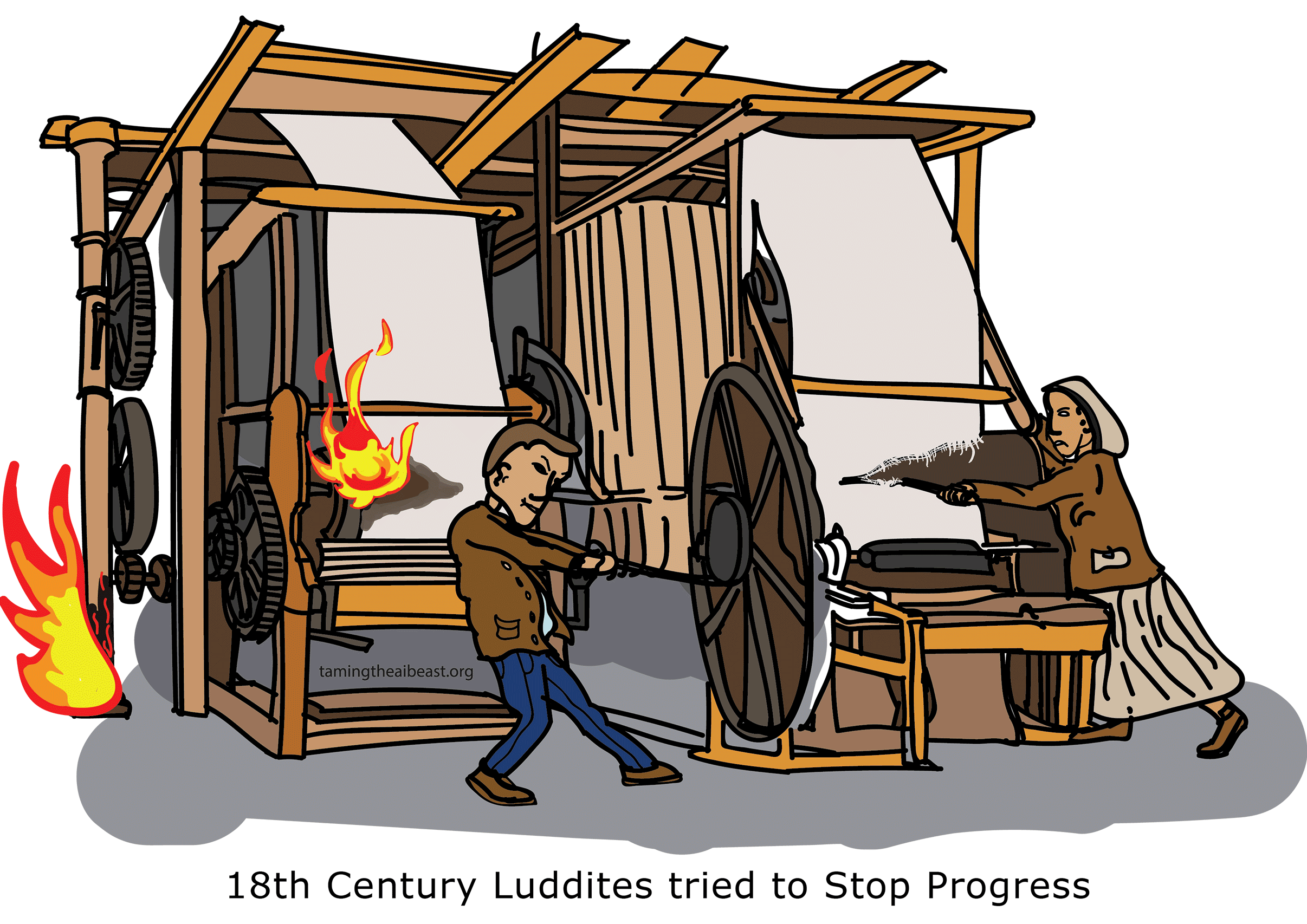30 July 2020
Re-Starting the Economy
Change is inevitable, stop resisting it and embrace the entrepreneurs and independent workers
by Mike Hampson
While we still seem to be in the midst of the pandemic, with no clarity of when it will end or if it will return again in the autumn, much of the political and media focus surrounds how to re-start the economy. This appears to be largely about how we return to the ways of living and working from before the pandemic, getting the hospitality industry going, opening retail outlets, getting people back to the office, and getting the commuters back to work to reinvigorate the many tertiary businesses that support them (transport such as rail and buses, food outlets and coffee shops).
While this is understandable,speaking as an experienced leader of change programmes over the years, the one thing you must understand is that instinctively the human race resists change, and politicians, media and many other others are showing the classic symptoms of resisting what in my opinion is an inevitable change to the way we live and work. The fact of the matter is that we may be undergoing a change as fundamental as that experienced at the start of the industrial revolution; just as the luddites try to destroy modern mill equipment in a desperate attempt to prevent progress, so are today’s commentators desperate for office workers to return, when in fact we have progressed to a new era and, however painful for people, change has to come.
When national lockdowns were implemented around the world, in one fell swoop millions of workers found that they could operate as easily and effectively while working from home. Of course this was not practicable for everyone, but for a surprisingly large number of professional and office based workers it worked better than expected. The technology tools that were available but not widely used had matured to an effective level, internet access and broadband capacity were sufficient in most areas and combining this with the whole world making the change at the same time meant that remote working was suddenly completely acceptable to everyone you dealt with. People trying to reverse this could well be the luddites of the 21st century.
Re-starting the economy needs to be based around embracing the possibilities of this new world. Many people enjoy the elimination of daily commuting, the money saved on travel, coffees and lunches and extra time to either exercise, spend time with the family or in some cases lengthen the working day. A cursory analysis of the ONS statistics for UK employees shows that some 24-26% would fall into the category of able to work from home on a regular or permanent basis, around 8million people; this demonstrates the potential for massive evolution in the way we work, similar to migration from country to towns and cities during the industrial revolution. Conversation with our own clients also reflects this scale of change in their own business models.
The possibilities that this opens up are tremendous if recognised and embraced; if we assume that everyone would still occasionally visit their place of work (say 20% of the time) then at a stroke we could eliminate approximately 1.5billion return commuter journeys in one year, an incredible contribution to our climate agenda. Yes there would be pain in the transport and hospitality sectors as demand for services reduced in the city centres, but local communities would see an increase in opportunities in these same sectors and town centres could be re-vitalised. Not only that but these jobs could be re-distributed across the country, not localised around major urban centres. As the need for office space reduced, planning laws could be changed to enable existing building to be re-purposed or re-developed into much needed housing stock.
But these changes cannot be managed in a centralised fashion by government, their job is to create the environment for companies to restructure and more importantly for entrepreneurs and independent workers to create the new businesses of the future, based across the country. It is these people who will spot the opportunities and with the right encouragement start new businesses and as they grow start to employ others. The chains of sandwich shops that serve the same food in each outlet will not survive in city centres, nor will the business suit and shirt shops, but local high streets will thrive as entrepreneurs open a variety of eateries, coffee shops, bars and clothes shops. And city centres that are dominated by office blocks that are dead at the weekend could become thriving local communities with both accommodation and creative live-work spaces. With more housing stock available, prices should hopefully become more affordable.
To help this happen the government needs to create the environment, investing in technology infrastructure including broadband and 5G. It should revisit the business rates rapidly, retail and food outlets need breaks in this area, provide tax incentives for starting businesses and create a positive environment for the independent workers, dropping the IR35 legislation. This will not happen overnight, but it is happening and will happen quickly. The government needs to stop resisting progress and evolution, to embrace the change and to harness the entrepreneurs and innovative independent workers.


